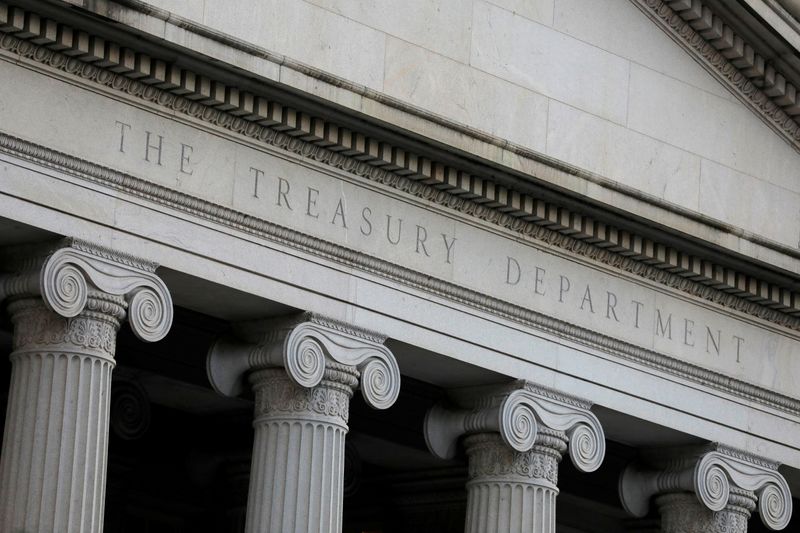Street Calls of the Week
Investing.com - As money market funds continue to offer more attractive yields, investors are gradually shifting their capital away from traditional investments such as stocks and bonds. Money market funds, which invest in highly liquid assets like cash, cash equivalents, and short-term high-credit-quality debt instruments (e.g., U.S. Treasuries), have recently seen their total value reach a record high of $5.4 trillion.
This shift towards money market funds is driven by the search for better risk-adjusted returns over time. The Federal Reserve's recent policy actions have significantly impacted these yields – with the aim to combat inflation; they've pushed short-term interest rates higher over the last year.
Historically, increased yields in money markets act as a deterrent for riskier assets since investors prefer safer alternatives offering similar or better returns at lower risks. This trend has been observed during various financial crises when investors moved towards fixed-income instruments or cash and cash equivalents seeking safety from volatile markets.
The current scenario sees many investment options struggling to compete with 5% money market yields – including real estate investment trusts (REITs) that traditionally offered above-average dividend payouts but now only hover around 4%. Corporate bonds face a similar predicament with iShares iBoxx $ Investment Grade Corporate Bond ETF (NYSE:LQD) yielding just 3.9%.
Even passive investments like S&P 500 seem less appealing compared to cash given its low dividend yield of 1.7% and earnings yield of merely 5%. As more people realize this discrepancy between risky investments and safer alternatives like money markets, it could lead to further shifts in capital allocation across different asset classes.
